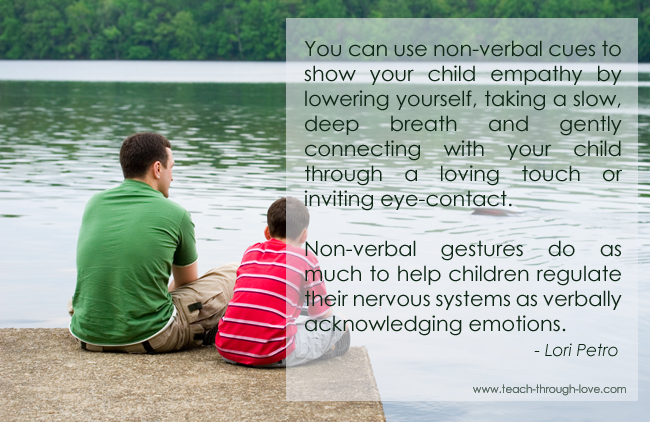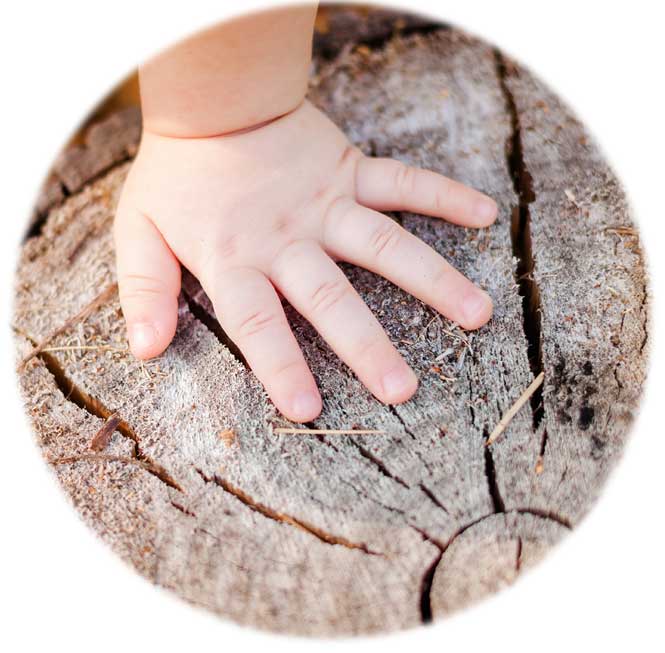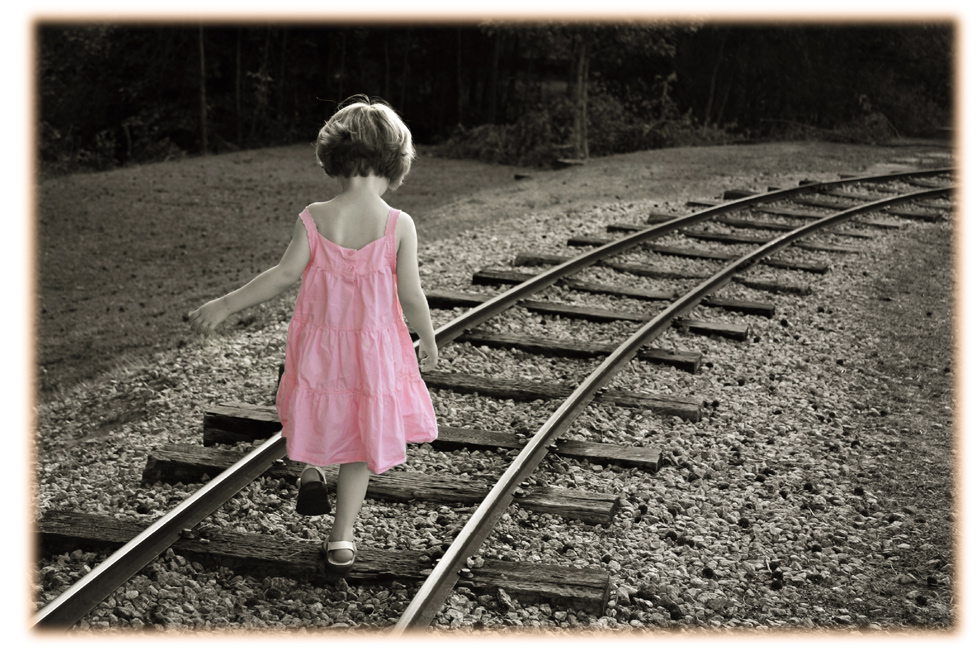Unconditional Parenting Explained

A conscious approach or an unconditional parenting philosophy is a shift away from the traditional paradigm of parenting, which is a punitive model that uses power and consequences to change behaviors, toward building a more respectful, and authentic connection with children.
The path to unconditional parenting is through relationship.
Unconditional parenting represents a relational view of parenting where it is understood that children learn through the relationships with the important people in their lives. It is in the spirit of tolerance, understanding and cooperation that parents model for their children appropriate ways interacting with the world and then kids incorporate those behaviors into their skill set.
Practicing unconditional parenting provides an opportunity for the whole family to experience healing and personal and emotional growth.
Read More About...
Unconditional parenting asks parents to play an active role as care-givers and nurturers and use compassion, tolerance, empathy and full awareness in making parenting and discipline choices.
Choose actions that will honor and respect your individual family values.
The principles of conscious parenting ask that parents engage their children with empathy and curiosity in everyday experiences and take the time to connect before they discipline out of frustration, convenience or the desire to control and manage.
Compassion, love and understanding are hallmarks of conscious, unconditional parenting.
Do you want to?
- Reduce arguing, punishing and yelling?
- Feel positive about your parenting choices?
- Create more time for yourself?
- Resolve conflicts without power struggles?
Then, read on.
Unconditional parenting is not to be confused with permissive parenting or simply positive parenting. It is not about having 'no limits' or letting 'children rule' or giving reasonable, logical consequences. It is about re-framing our view of our children's behavior, healing our own past wounds and allowing the free expression of feelings as we parent with empathy and compassion.
Unconditional parenting requires you to look honestly at your own childhood and acknowledge your emotional experiences. Your roadblocks to authentic parenting and your habit of making unconscious decisions are interwoven with your family history and the parenting that you have experienced.
Unconditional parents teach their children by modeling principles of respect, love and nonviolence in word, thought and action. It does not absolve parents of responsibility for the well-being of their children.
Instead, it requires much, much more of parents emotionally and creatively.

Parents are asked to take time to problem-solve with their children, to empathize, understand and connect. They are asked to be flexible, to look for root causes and not arbitrarily assign punishment, shout the word “No” or enforce "rules" for the sake of maintaining some perceived state of parental "control."
Unconditional parenting asks you to create a parenting plan or a family doctrine that supports the needs of all members, to set forth the "rules of the house" - the guidelines that children and parents agree on together about how family members should be treated and how tasks will be divided.
The TEACH tool, the Language Model and the 13 Principles of Conscious Parenting as defined in the book, Unconditional Parenting by controversial author, Alfie Kohn, are guidelines to refer to and keep in mind when you learning to be more conscious.
You will likely be tempted to resort to potentially damaging control methods. The tools on this website will will help you adapt to a new set of beliefs about families and parenting.
There is good reason for this shift.
Parenting skills of the past have served neither parent nor child and have, in fact, caused unknowing damage to the tender psyches of many. Having explored the results of methods such as punishment, praise, rewards, criticism, love withdrawal (including time-outs) and spanking, numerous studies have concluded that there is nothing positive about the long-term impact of these approaches.
The Old Parenting Paradigm [OPP] supports outdated and emotionally damaging behavior modification techniques that don't belong in your parenting tool-box for one simple reason --
They don't work.
They create damaging psychological patterns in a child. Once you understand how they do more harm than good, you cannot ignore the results you see in your child. It becomes glaringly obvious how your words and actions affect your kids.

Most parents are not looking to hurt their kids intentionally. They are just trying to raise smart, upstanding citizens who have dreams and follow them. And yet, at the same time, most of us are unconsciously doing a terrible job at giving kids the skills they need to accomplish such things.
We end up teaching the very behaviors we are trying to avoid, often because we know of no other way to relate to our children. Many parents don't plan their parenting style or even give it a second thought. Many resort to the most current fad technique in "positive discipline" and then wonder what they're doing wrong when their children don't cooperate.
We listen to our pediatricians, our friends and family or retreat to the way we were parented ourselves, which usually results in frustration, inconsistency and the development of dysfunctional patterns and unhappy families.
Parents today are bombarded with so many opinions and conflicting advice, coupled with the extreme social pressure to be a "good parent," it's not hard to see why everyone is so afraid to screw it up.
We're moving towards a parenting paradigm shift.
New shifts in thinking are sometimes easier said than done. Once we come to understand our children and our role as parents, the old systems will fall away. However, this can only happen when a new generation of parents make the decision to behave differently, parent consciously, move beyond the mistakes of the past and choose a relationship with their children over the urge to punish or control.
What do you think? I love hearing from you, so leave me a comment below. Share your stories, post your challenges and if you benefited from this article, consider sharing it with a friend!

